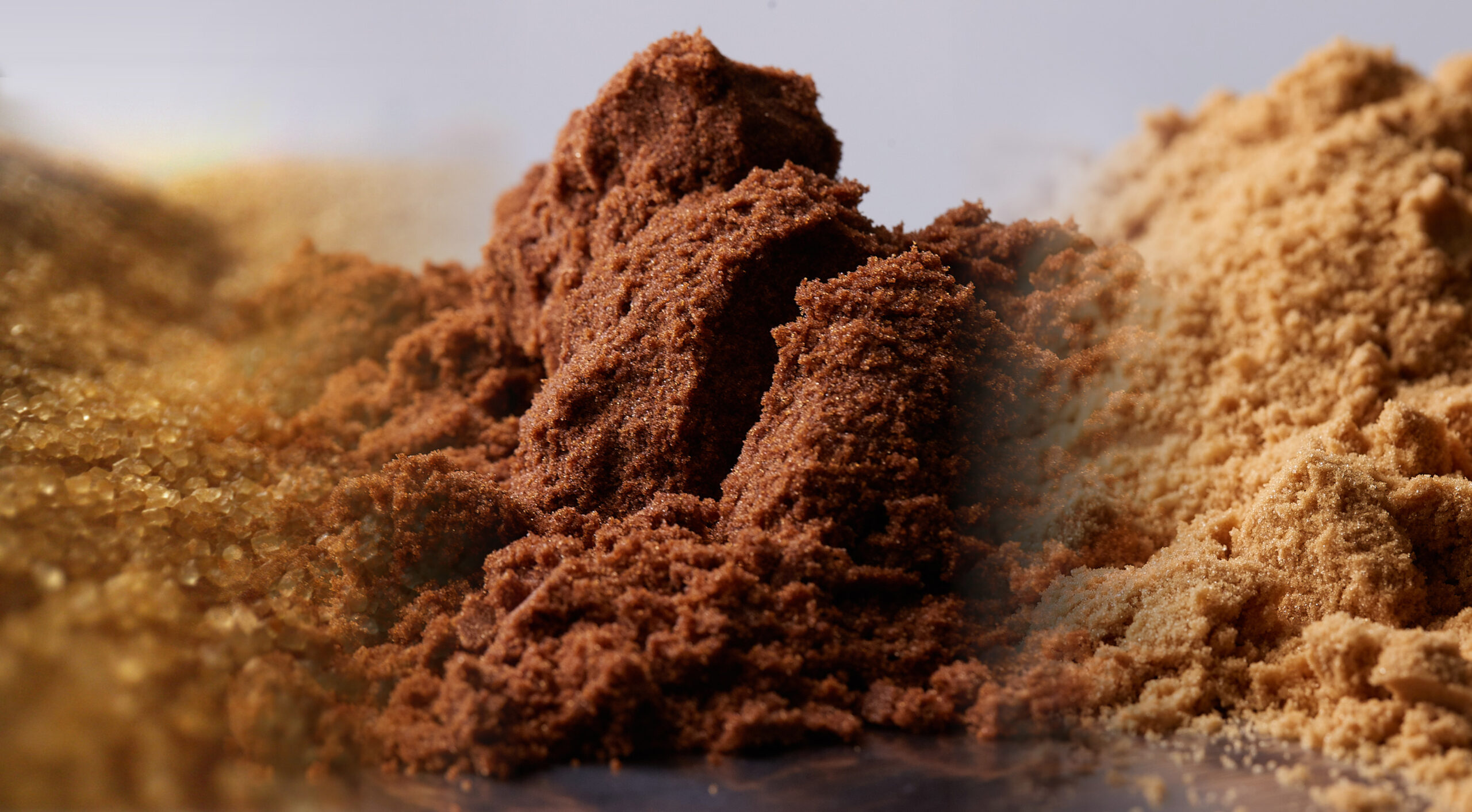Sugar Talk
Sugar Talk

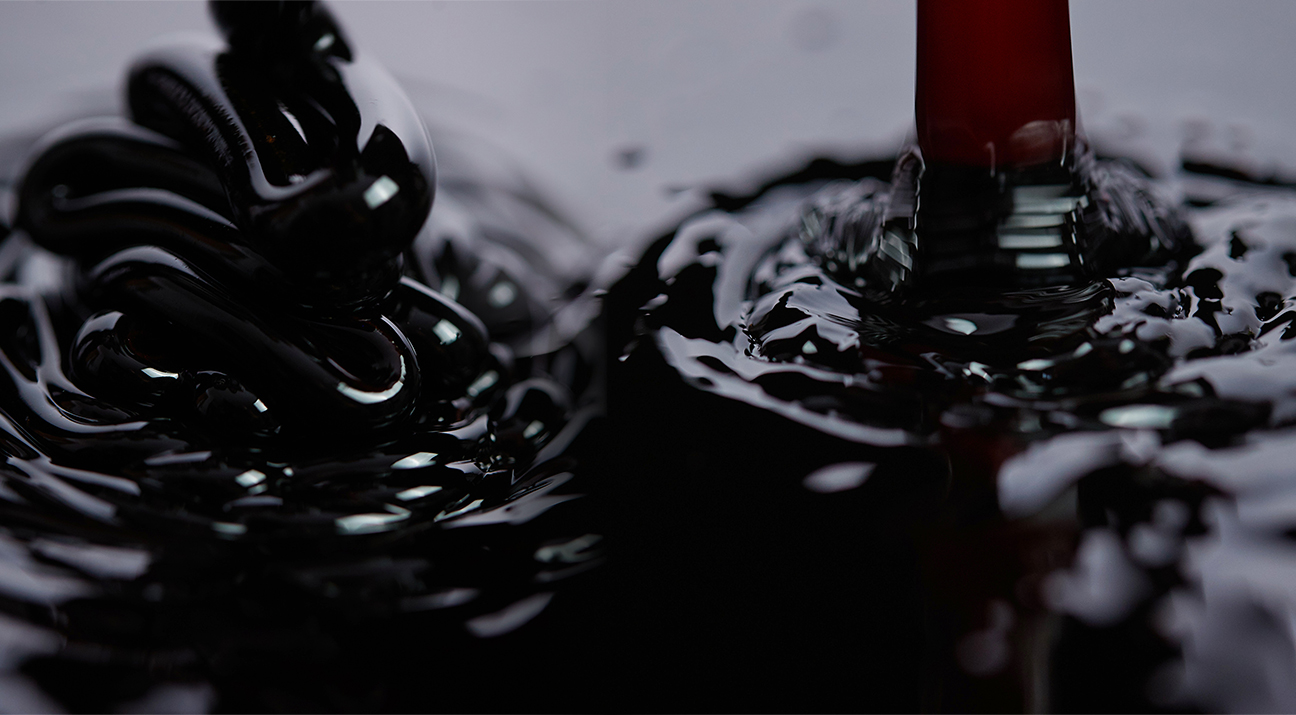
What is the difference between molasses and black treacle?
Although they look similar, molasses and black treacle are distinct functional sugar ingredients with very different origins and uses. Knowing the difference between treacle and molasses is key to getting flavour, colour and performance right in formulations and industrial applications.
Why understanding the difference between cane molasses and black treacle matters
Molasses and black treacle are both dark, viscous syrups used in baking, confectionery and sauces. However, they differ in flavour, composition and how they are produced.
These differences affect how they behave during baking, how they contribute flavour, colour and texture, and their nutritional properties. Choosing the wrong ingredient can change the balance of flavour and texture in your product. For food and beverage manufacturers, it also affects sourcing, specification and labelling.
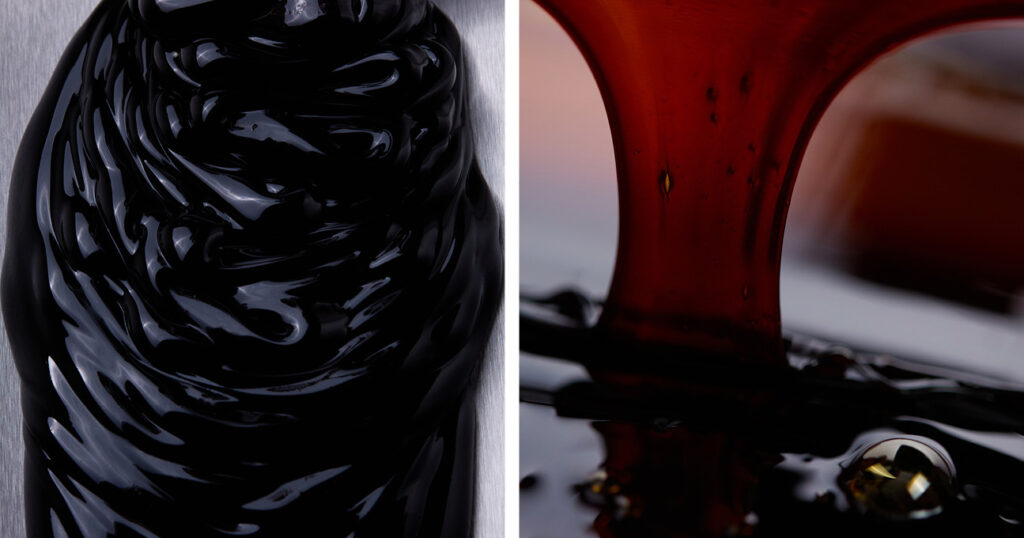
What is cane molasses?
Cane molasses is a by-product of the sugarcane milling and refining process. It is the thick, dark syrup left after the crystalline sugar has been extracted from sugarcane juice. Cane molasses contains residual sugars, minerals and vitamins, giving it a robust, bittersweet flavour and deep brown colour. It is rich in calcium, potassium, iron and magnesium, which contribute to its nutritional value.
Ragus’ cane molasses is a high-quality ingredient manufactured from 100% cane sugar and used in a wide range of applications from baking to confectionery.
What is black treacle?
Ragus’ black treacle is a unique blend of cane molasses and refiners syrup, a partially inverted syrup made from refined white sugar. This combination balances the intense bitterness of pure molasses with the smoother sweetness of refiners syrup, resulting in a rich, slightly bitter syrup with a rounded flavour profile.
Black treacle is used in traditional British recipes such as parkin, Christmas puddings and fruit cakes, as well as in savoury sauces and marinades.
How they are made
Cane molasses is created during sugarcane processing, after multiple stages of crystallisation remove most of the sucrose. The remaining liquid – molasses – contains about 50% sugars and a high concentration of minerals. Because it is a co-product of sugar refining, its carbon footprint is relatively low per tonne of sugar produced. Cane molasses can only be derived from sugarcane. Sugar beet molasses, on the other hand, is a similar by-product of the beet refining process, but it is too bitter for human consumption and is typically used in animal feed or fermentation industries.

Ragus’ black treacle is made by blending cane molasses with refiners syrup, a partially inverted syrup that can be produced from either beet or cane sugar. The inversion process splits sucrose into glucose and fructose, improving sweetness, viscosity and moisture retention. Ragus’ black treacle and cane molasses are both available as organic options.
Quick comparison: treacle vs molasses
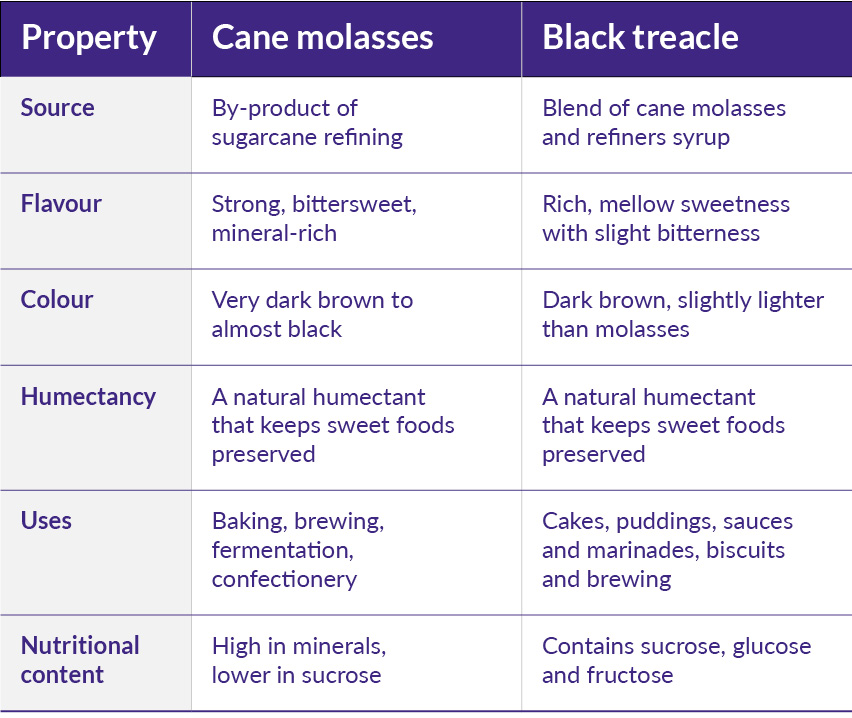
Applications by category
Bakery and biscuits
Both black treacle and cane molasses are used in bakery recipes to add depth of flavour, colour and moisture. They are key ingredients in biscuits, speciality breads, sourdoughs, gingerbread, parkin, treacle tarts, and traditional fruit cakes.
Confectionery
In confectionery, molasses is used in liquorice and traditional boiled sweets, while black treacle offers a slightly milder flavour for fudge and toffee recipes.
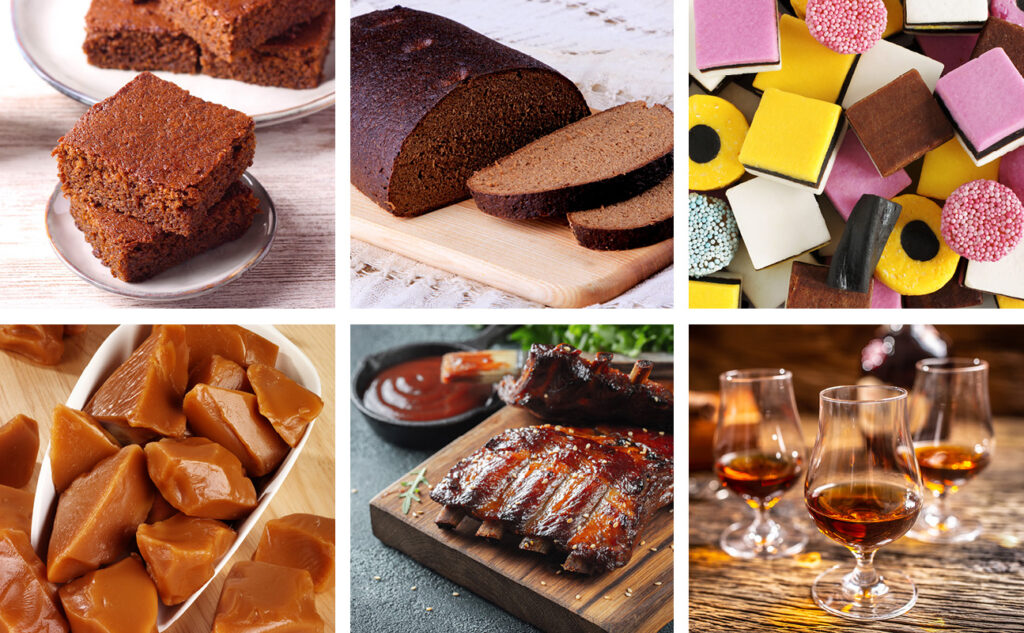
Sauces, marinades and ready meals
Both syrups enhance savoury sauces and marinades, particularly for meats like gammon or ribs and in barbeque sauces. They provide colour development during cooking and help balance salt and acidity.
Brewing and distilling
Molasses is a key ingredient of darker brewing sugars, or brewer’s block, to add colour and flavour for amber to ruby ales, stouts and porters. Black treacle is used to produce mild ales. Molasses is an essential ingredient in rum.
Practical specification tips
When specifying molasses or treacle, always confirm the sugar source (cane or beet) and the degree of inversion. Check Brix values (the dissolved sugar content in a syrup or liquid sugar) for consistency and viscosity. Cane molasses is more hygroscopic (absorbs moisture from the air), while black treacle offers a more balanced sweetness. For stable supply and consistent performance in your formulations, Ragus manufactures and delivers black treacle and cane molasses with guaranteed composition and viscosity.
Common misconceptions
A common misconception is that black treacle and molasses are completely interchangeable. While similar in appearance, they differ significantly in taste and performance so for many applications cannot be used as substitutes for each other. Black treacle is milder and more versatile for sweet recipes, while molasses has a more pronounced flavour that can dominate lighter formulations.
Responsible sourcing
Cane molasses and black treacle are plant-based clean label foods. Ragus sources its cane and beet sugars responsibly, working with certified suppliers to ensure traceability and ethical production. Cane molasses derives directly from sugarcane refining, whereas black treacle can incorporate refiners syrup made from either cane or beet sugar. Ragus ensures all its ingredients meet sustainability and quality standards.

FAQ’s
No. Treacle is a blend of molasses and refiners syrup, while molasses is a by-product of sugar refining that undergoes gentle processing in our factory to increase the sugar content and enhance flavours.
Treacle is sweeter and lighter; molasses is darker and stronger in flavour. As the name suggests, cane molasses can only be produced from sugarcane. The refiners syrup in black treacle can use white crystalline beet sugar as well as cane sugar.
Sometimes, but it will produce a milder taste and lighter colour.
Yes, but beet molasses is not suitable for human consumption.
It adds colour, flavour, and moisture, particularly in rich cakes and puddings. As a natural humectant, it helps preserve cakes, biscuits and breads
Yes, as a co-product of sugar refining, it shares the upstream emissions of sugar production.
Yes, it is available as an organic option.
It has a strong, bittersweet, slightly smoky flavour.
It is sweet with a subtle bitterness, offering a more balanced flavour than molasses.
Key takeaway
Molasses and black treacle may look similar, but their flavour, composition and functionality differ. Molasses delivers intensity and nutrition, while black treacle provides balance and versatility. Both are essential ingredients in British and European baking, confectionery, brewing and food and beverage manufacturing, and Ragus’ expertise ensures they are produced consistently, sustainably and to specification.
Ragus manufactures functional pure sugar ingredients such as molasses and black treacle for industrial food and beverage applications, enhancing flavour, texture and appearance. To learn more about our pure sugars, contact our Customer Services Team. For more sugar news and Ragus updates, keep browsing SUGARTALK and follow Ragus on LinkedIn.

Ibrahim Belo
With a primary responsibility for manufactured product quality control, Ibrahim works within our supplier chain, factory and production laboratory. He has a focus on continuous improvement, implementing and maintaining our technical and quality monitoring processes, ensuring standards and product specifications are met.


